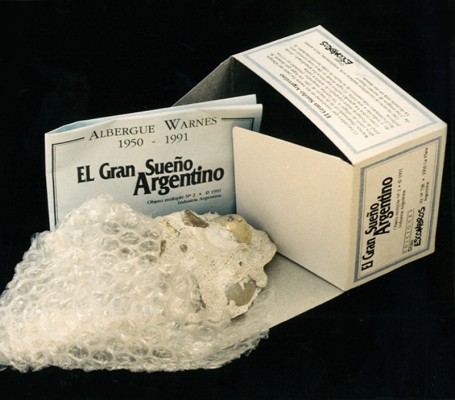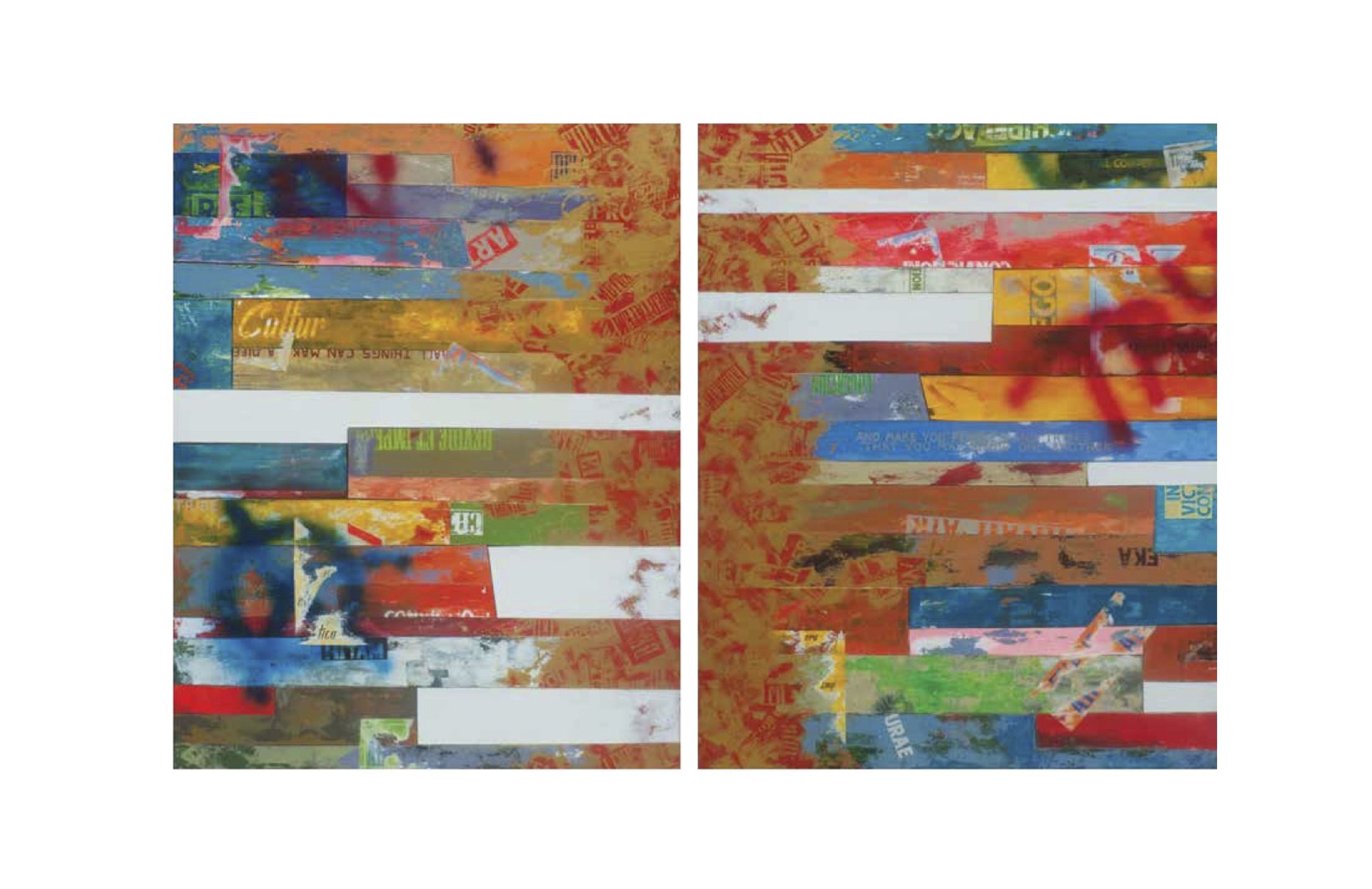
“‘If there is a class war – and there is – it is important that it should be handled with subtlety and skill,’ wrote Maurice Cowling, the influential rightwing historian, in the late 1970s. ‘It is not freedom that Conservatives want; what they want is the sort of freedom that will maintain existing inequalities or restore lost ones.’ The nature of Conservatism has altered very little since, but the class on whose behalf the Tory party fights has changed dramatically: where once it was doctors and lawyers, businessmen, ‘respectable people’, it is now hedge fund managers and property developers, the filthy, the super, the Croesus rich. If you’re less wealthy than Jacob Rees-Mogg, the party has fought a 12-year war against you, and – newsflash – it won.
Some statistics need animating, and some animate themselves … a 40-year high of 10.1% inflation … a 4.1% drop in regular pay …
In fact, the class war wasn’t fought with subtlety and skill, it was fought in a more modern fashion, with misinformation. The argument for austerity was built on complementary, nonsensical narratives: most disabled people were faking it; most people on benefits were too lazy to work; most waste in the benefits system was lost to fraud; a class of the workshy had been created by benefits; the ‘big society’ was good, because it was much nicer to get your neighbour’s help than to have properly funded public services; parents know more about education than local authorities; and so on.
… It was just one diversionary talking point after another, as the first offensive wave proceeded…, and the destruction of the social safety net was achieved.
With Brexit, … the escapade was there to deliver only one outcome: the destruction of regulation by which workers and citizens protect and assert themselves against the interests of capital. It was just the second wave of the war.
Liz Truss and Rishi Sunak, prime ministerial hopefuls, approach the coming crisis with another patchwork of absolute nonsense. The cost of living crisis is all down to the war in Ukraine. We head into recession because we don’t work hard enough. … But it’s different … [this time]: they’re not trying to divert us from some smart new move – they have no moves. If you look at the level of public debt, the high inflation, the low growth and the tax burden, we’re already in a postwar economy. It was just a different kind of war, a class war masquerading as a kulturkampf, and we lost. …
You cannot rebuild anything on fictional foundations. … You cannot organise if you don’t know what side you’re on, and so many of the narratives of the past 12 years have been tailored to mask exactly that. Are you a striver or a shirker? A net contributor or a net recipient? A patriot or a migrant? Metropolitan elite or left behind? Latte sipper or bitter drinker? Woke or anti-woke? Leaver or remainer? We’ve been trapped in this endless cycle of meaningless divisions to mask what’s incredibly plain: we’re all on the same side and we’re all under attack.”
aus: Zoe Williams: Inflation at 10%? This is class war – and it was years in the making, The Guardian online, 18.8.22, im Internet 
Abb.: “Congrats team, the company made record profits this year and we wanted to do something special for you guys”, CVS Health, 2023, im Internet.
08/22




